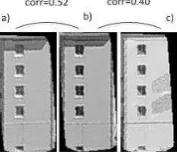isprs annals III 3 355 2016
Teks penuh
Gambar
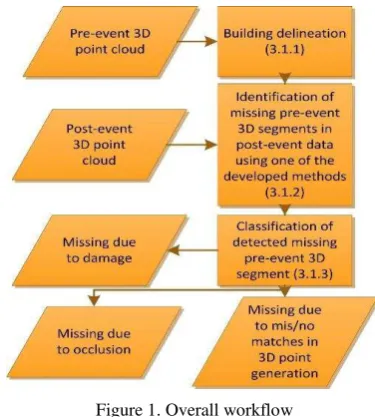
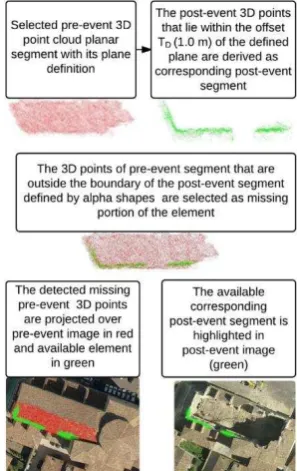
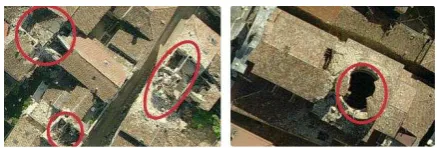
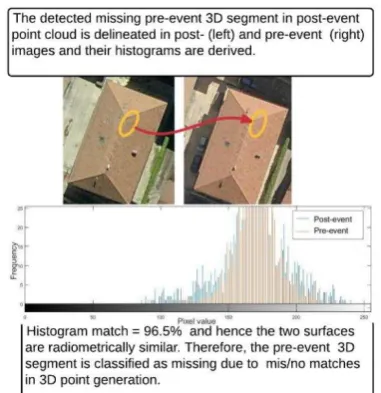
Garis besar
Dokumen terkait
The percent damage to the structure ( � is read from the building damage table, at the intersection of this selected depth- damage curve based on the user input water
The approach consists of three major steps as follows: (1) single moving traces extraction based on video tracking; (2) derivation a 3D network based on 3D indoor model; (3)
Feature sets are grouped based on the input data used to calculate the features (2D orthomosaic, 2.5D DSM, or 3D point cloud), the application of a feature selection algorithm,
Since the images should be smooth in the absence of noise, the (random and fixed pattern) noise in an image can be measured by estimating the local variance in each color channel
We have shown that camera calibration with distortion parameters can be incorporated to structureless bundle adjustment and results with precision in object space
Figure 4 and 5 show the result of path finding within the Doha WTC building in Qatar. There is a hazard event, e.g. fire, located on the ground floor. A mesh generated in the
- weighting factors that favour urban growth alongside highways could not be applied due to missing data. In contrast to the case study of Ahmedabad the spatial resolution for
In contrast to the previous approaches for modelling buildings presented in this paper , our approach “ OLS3D ” ( Organizing Large-Scale 3D geodata) will tackle

